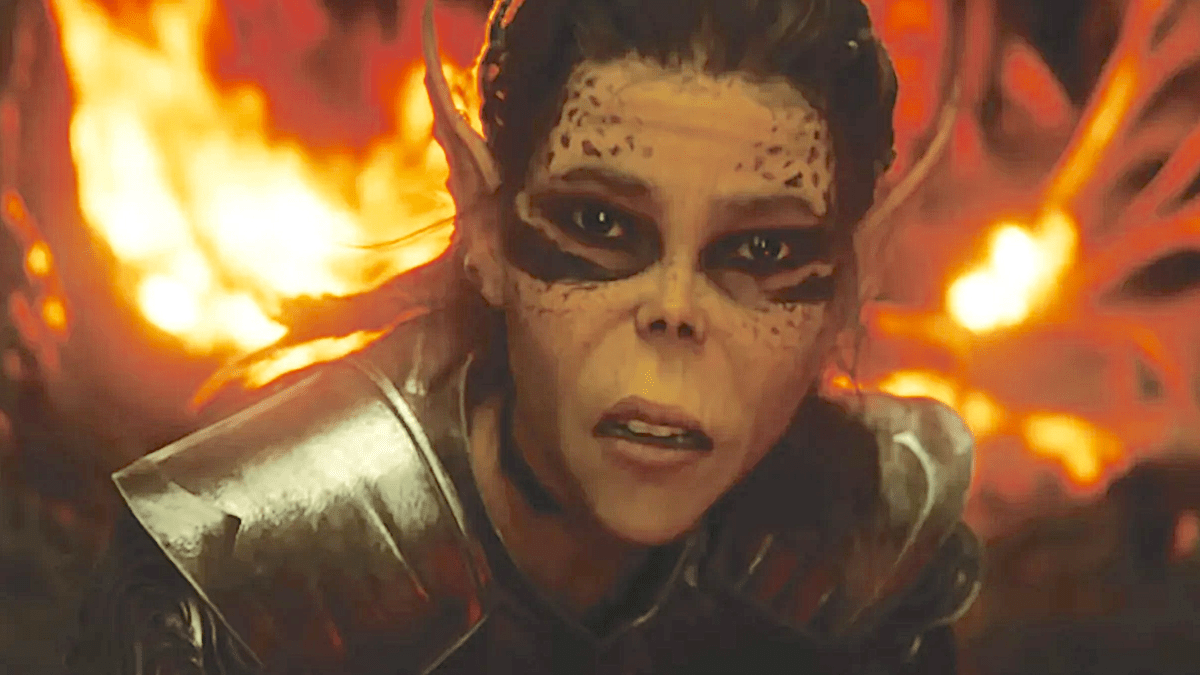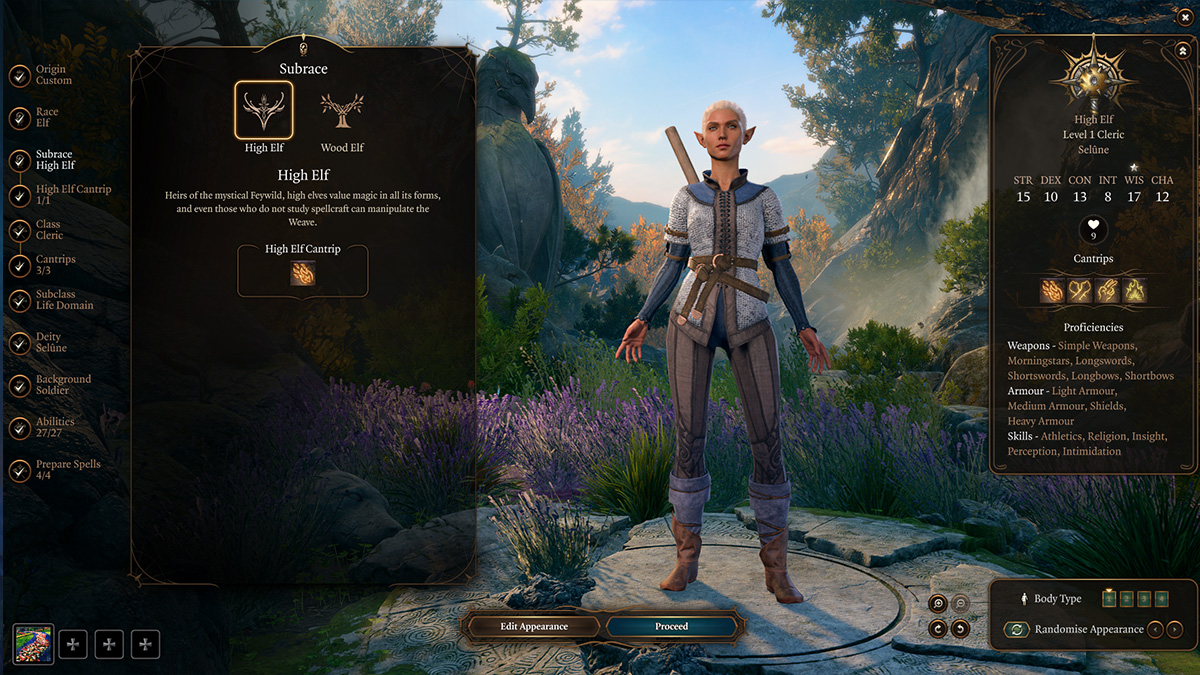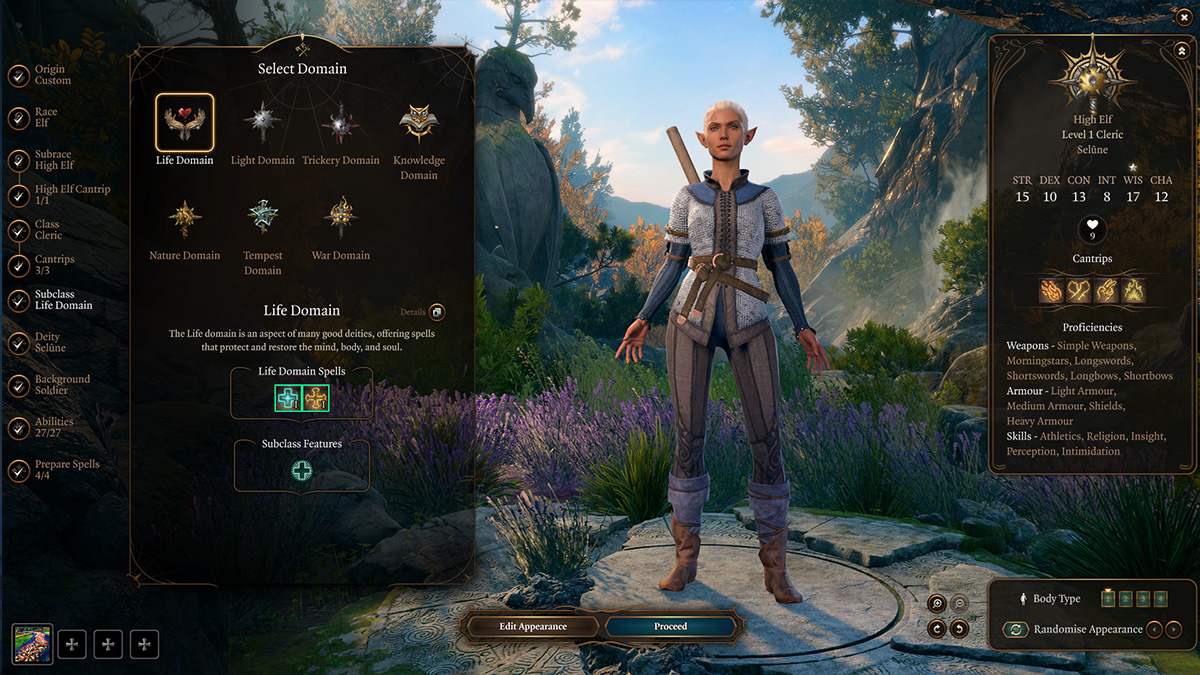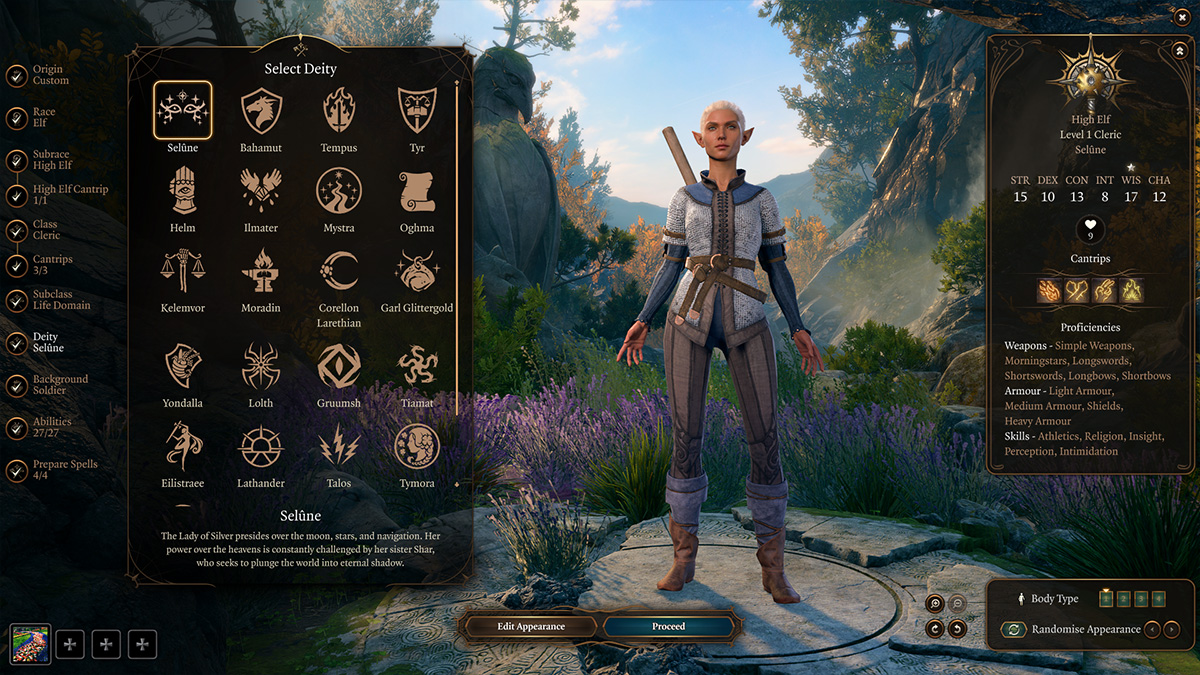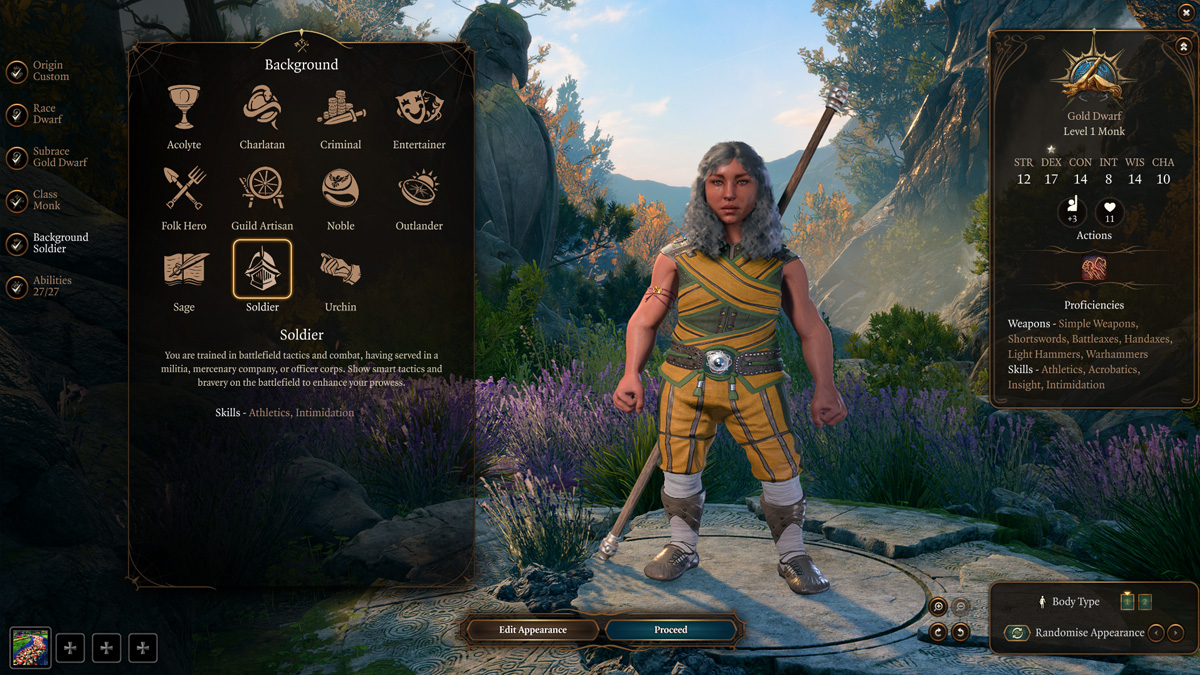When The Legend of Zelda: Tears of the Kingdom came roaring into the gaming scene, gamers and critics alike were in love from the very first moments. It came on the heels of a number of buggy and undercooked exclusive titles, in a year that seemed to be defined by gaming mediocrity. It’s not hard to love TotK, it’s light and goofy but delivers some excellent exploration, interesting puzzles, and memorable character designs, even so I found myself struggling to remember some of their names – despite having met them in Breath of the Wild years before. TotTK sits comfortably at a 96% on Metacritic, though its gamer score is 8.4 at the time of writing. It held the number one spot on the games of the year list for almost three months before Baldur’s Gate III blasted it out of the top spot, because — while players certainly enjoyed their time in Hyrule — many felt the return wasn’t daring enough, found it less engaging, and accused it of being glorified DLC for Breath of the Wild.
None of these concerns bothered me while I was playing, because who has time for kid-birdo when there are tanks to be made and Koroks to be rescued? But despite my many hours, I had no interest in the world I was exploring or the NPCs I was saving. I wasn’t a part of the world, I was just visiting for a while. It’s something that comes up for many gamers as we get older. We love games, but our adult lives become constant struggles and even while playing our minds don’t fully invest. It’s insidious, we know it’s happening, and it makes us look for that certain something in games to make us feel like a kid again. It’s something that comes up in gaming forums frequently, gamers reminiscing on the first time they played that game. The one that made them care about NPCs, or unraveling a mystery, or getting revenge on a challenging boss. The one that lives rent free in the mind, like a summer afternoon – warm, lazy, and inviting.
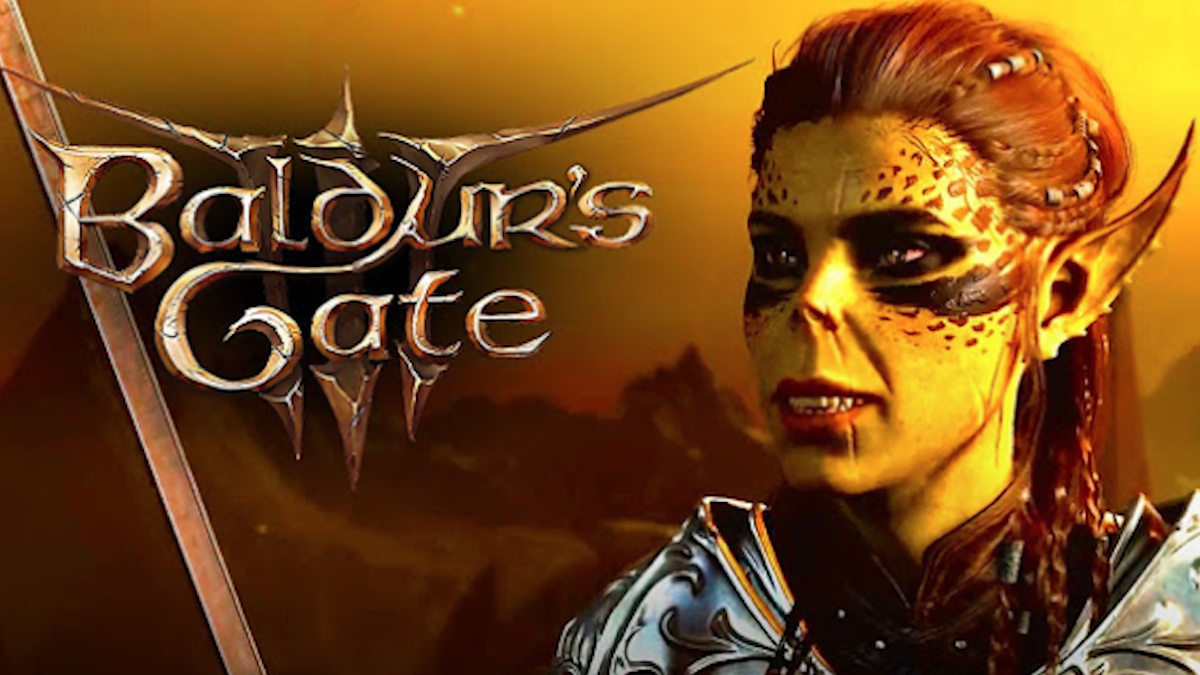
For me, it was Fallout: New Vegas, a game that begged me to replay it as many ways as I could. For many others, Skyrim was their introduction into a world where your actions truly affect the outcome. A game that changed the way you thought about games, they became an extension of yourself and your experiences. Open worlds changed the paradigm, and while I’m not saying that TotK doesn’t have those moments, it squanders the big reveals by bogging them down with generic tasks like moving Koroks from a to b. The repetition gnaws away at the fun until all that remains is fetch quests.
Baldur’s Gate III doesn’t have those repetitive moments. Instead, it has hundreds of little quests to pad out its lush story. Cursed cellars, random caves, and dangerous ruins dot every inch of the world. And you’re never guaranteed entry into any of them. The sheer joy of exploration in this game is a common thread in its Metacritic reviews, where its user score towers a full point over TotK’s. Players are obsessed, desperate to know where the story is going, and more than one has “complained” about how much Baldur’s Gate III is taking over their lives. I gushed about the dice system in my review for Baldur’s Gate III, and I stand by it. Being able to fail your lock picking or dialogue attempts and getting to see how you could have succeeded if only you had played as one of your companions — or, god forbid, built a better character — makes for a brand-new experience.
Most mainstream RPGs have lost those critical roleplay elements. Gamers certainly have options, Disco Elysium, Pathfinder, and Pillars of Eternity are all relatively recent games that have fully immersed players, but they come from smaller studios, ones that have no choice but to rely on creative methods to capture gamers’ love. AAA studios could be making games like BGIII, but choose to stick with their tried and true methods rather than take a chance and go for an atypical. Rather than invest their time in new mechanics, beautiful writing, or complicated followers, it seems like big studios now focus on cosmetics, loot, and other surface level additions that most players are disinterested in and rely on microtransactions to obtain.
Baldur’s Gate III is the experience that I — and plenty of other gamers — have been looking for, if the Metacritic user reviews are to be believed. Despite playing through the opening 10 hours three separate times, I’ve yet to get the same outcome. Characters that loved my Tiefling Warlock hated my Drow Wizard, and don’t even ask about my Barbarian’s experiences with “diplomacy”. Each experience has been so different it’s easy to sink into my chosen characters. Sure, story beats are similar, Wyl and Karlach have to come to blows eventually, but whether it is in camp or in the wild is up to you. And how the conflict is handled is as well. It’s a level of independence that hasn’t been matched, for me, since another Larain Studios game, Divinity: Original Sin. And it is something that plenty of gamers have been desperately missing.
Modern games are plagued with Microtransactions – especially multiplayer offerings. The picking for co-op is disgustingly slim if you’re not willing to play Battle Royales or MMORPGs. Even Nintendo has gotten into the DLC game. Breath of the Wild had several packs that added new areas, outfits, and challenges. While content is always wanted, it is frustrating when certain games — like Mass Effect 3 — force gamers to pay for content that should have been included in the first place. It makes Larain Studios stance — one which many other studios also implement — seem brave. The studio is staunchly anti in-game purchases saying they want players to, “Enjoy the game to its fullest without any additional cost or microtransactions.”
They have certainly achieved that. Bauldur’s Gate III may have surpassed TotK’s player score on Metacritic by a single point, but other studios should take notice. Gamers want to fall in love with their games, we want to return to these worlds over and over again — like a favorite book or film — and we want to do it all with one lump-sum payment.

